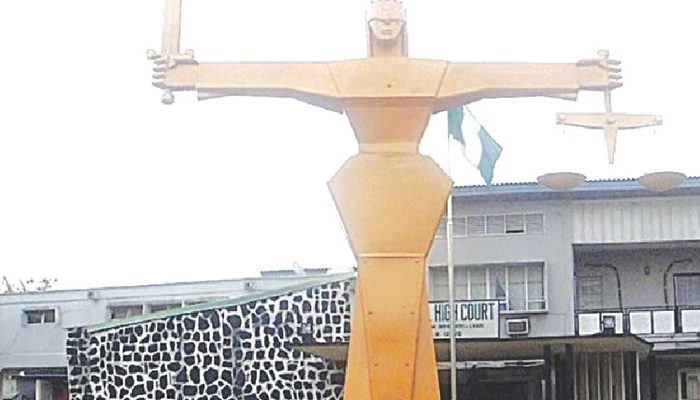A Federal High Court in Abuja has rejected a legal case filed by an elder of the Seventh-day Adventist Church, Ugochukwu Uchenwa, who wanted to prevent the holding of elections and exams on Saturdays.
The person who filed the case argued that scheduling elections and exams on Saturdays violated his rights and those of other church members to practice their religion freely.
Uchenwa asked the court to declare the scheduling of elections and exams on Saturdays as unconstitutional.
Alternatively, he asked the court to require the defendants to allow him and other church members to vote or take exams on a different day, such as Sundays.
The suit listed the President, the Attorney-General of the Federation, the Minister of Internal Affairs, the Independent National Electoral Commission, and the Joint Admission and Matriculation Examinations as defendants.
Other defendants included the National Examination Council, the West African Examination Council, the National Business and Technical Examination Board, the Council of Legal Education, and the Ministry of Education.
However, Justice James Omotosho, delivering the judgment, stated that the case was frivolous, vexatious, irritating, and baseless.
Omotosho added that the fundamental rights claimed by the plaintiff were not unrestricted and could not be limited by a government policy.
“The Seventh-day Adventist Church is a minority in Nigeria, and its beliefs cannot be imposed on the majority of other religious groups in the country,” he said.
Following the judgment, the plaintiff's lawyer, Benjamin Ahaemefule, informed journalists that his client intended to take the case to the Court of Appeal.
Ahaemefule explained that although his client achieved some success in certain aspects of the case, they were unsuccessful in the main case, which is why they plan to approach the appellate court.
He stated, “The court agreed with us that it has jurisdiction to hear our matter.
“The court also agreed with us that elder Uchenwa has the locus standi to institute the action for the enforcement of his fundamental rights and those of the entire members of the Seventh-day Adventist church Nigeria.
“The court agreed with us that the rights of the Adventists are breached.
“The court, however, refused to enforce our right, saying that Adventists are in the minority and not in the majority.
“The court held that although our rights are infringed upon, the infringement is legally necessary and justifiable.
“So the court refused to grant our substantive request because it said that granting it will open a flood gate of litigation by other citizens of Nigeria who will come out to enforce their own rights.
“The court made a legal mistake when it concluded that even though the Adventists have a legal case, their rights cannot be enforced because they are in the minority.”



